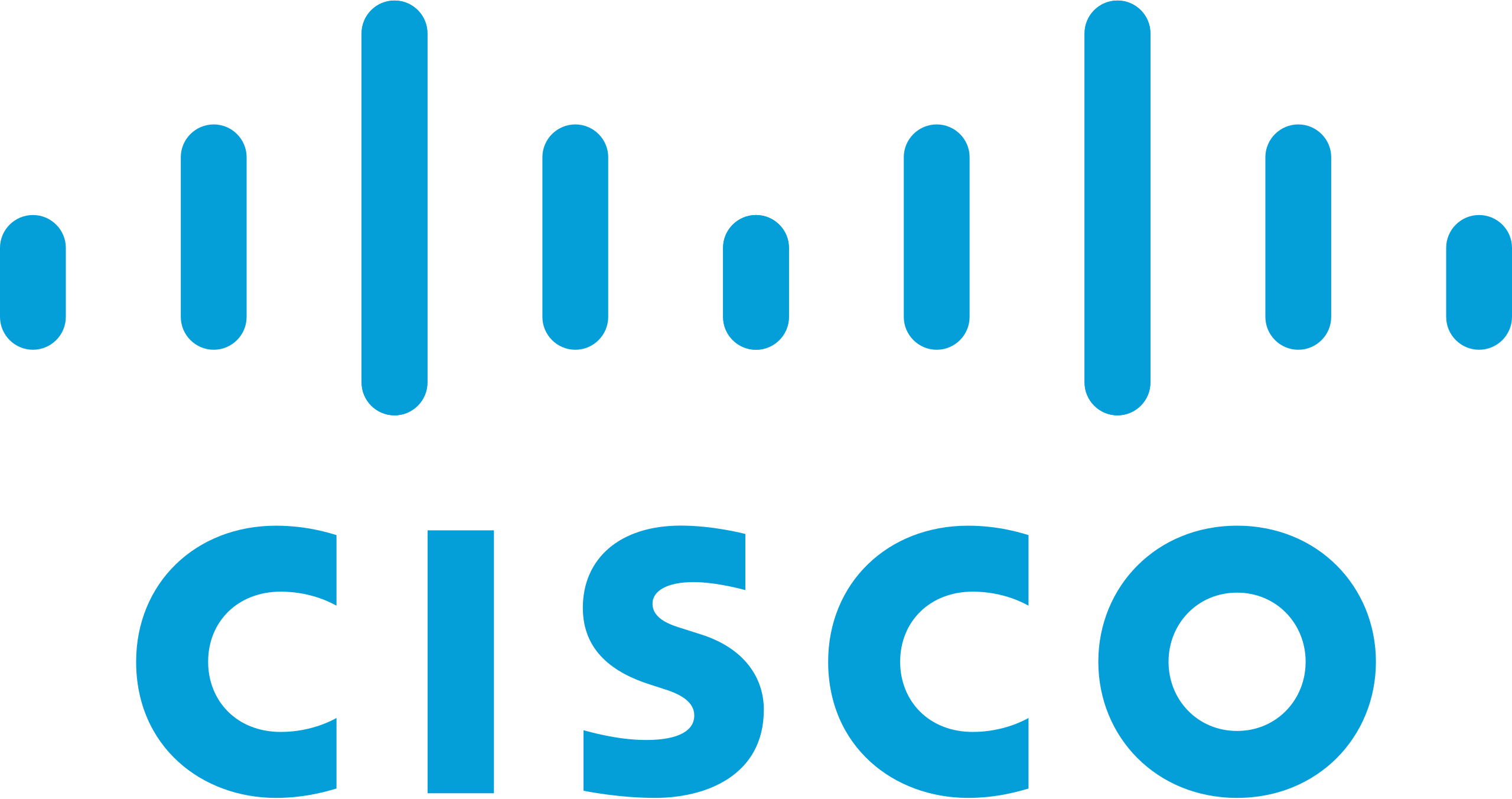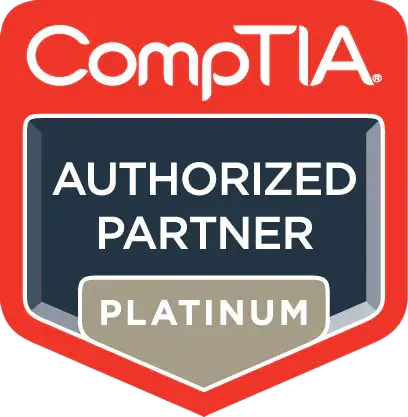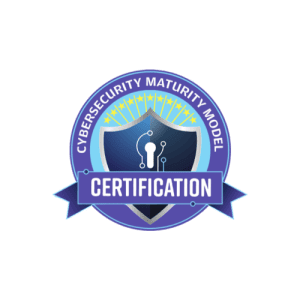Cybersecurity Training Courses
Cybersecurity is one of the fastest growing industries around the globe due to the constant evolution and financial impact of cyber threats. It is imperative to regularly train your Cybersecurity personnel to keep their skills razor sharp. According to ESG/ISSA research, 96% of cybersecurity professionals agree that they must maintain and regularly update their skills, or place a significant risk on their organization. Upskilling is critical in this industry simply because the lack of training can cost companies millions of dollars yearly.



To help professionals learn on-the-job skills that will propel your business forward, Amananet has compiled a list of our recommended certifications for job roles surrounding Cybersecurity.
A Security Administrator of information technology is responsible for managing all IT-related security and safety issues within a company. They also implement systems aimed toward preventing malware infections of company computer hardware.
Recommended Training for Security Administrators:
CompTIA CySA+ Cybersecurity Analyst
EC-Council Certified Ethical Hacker (CEH) v13
SC-900T00 Introduction to Microsoft Security, Compliance, and Identity
Job duties of a Security Analyst typically include planning and implementing security measures to protect computer systems, networks, and data. Security Analysts are expected to stay up-to-date on the latest intelligence, including hackers’ methodologies, in order to anticipate security breaches.
Recommended Training for Security Analysts:
CompTIA CySA+ Cybersecurity Analyst
EC-Council Certified Penetration Tester (CPENT)
SC-200 Microsoft Security Operations Analyst Training & Exam Prep
Security Engineers plan and carry out security measures to monitor and protect sensitive data and systems from infiltration and cyber-attacks. They work as part of a larger IT team and report directly to upper management. Security Engineers are expected to stay up-to-date on the latest intelligence, including hackers' methodologies, to anticipate security breaches.
Recommended Training for Security Engineers:
Microsoft Azure Security Technologies Training (AZ-500T00)
EC-Council Certified Ethical Hacker (CEH) v13
SC-200 Microsoft Security Operations Analyst Training & Exam Prep
Cloud Security Administrators contend with many of the same challenges as traditional Security Administrators, and for that reason impart many of the same strategies and techniques. However, Cloud Security Administrators must understand the capabilities and limitation of their preferred cloud platform. Many organizations impart a multi-cloud approach from different vendors, thereby increasing the required level of knowledge necessary to maintain a secure environment.
Recommended Training for Cloud Security Administrators:
Microsoft Azure Security Technologies Training (AZ-500T00)
It's important to realize that non-Security personnel require Security training as well. Every employee with access to e-mail and company data should have foundational knowledge of security risks and vulnerabilities.
Recommended Training for End Users:
Security Managers are responsible for monitoring the security operations for any organization. They implement security policies, regulations, rules, and norms and make sure that the environment in their organization is safe for employers and visitors.
Recommended Training for Security Managers:
Identity and access management (IAM) ensures that the right people and job roles in your organization (identities) can access the tools they need to do their jobs. Identity management and access systems enable your organization to manage employee apps without logging into each app as an administrator.
Recommended Training for Security Identity and Access Managers:
SC-900T00 Introduction to Microsoft Security, Compliance, and Identity



